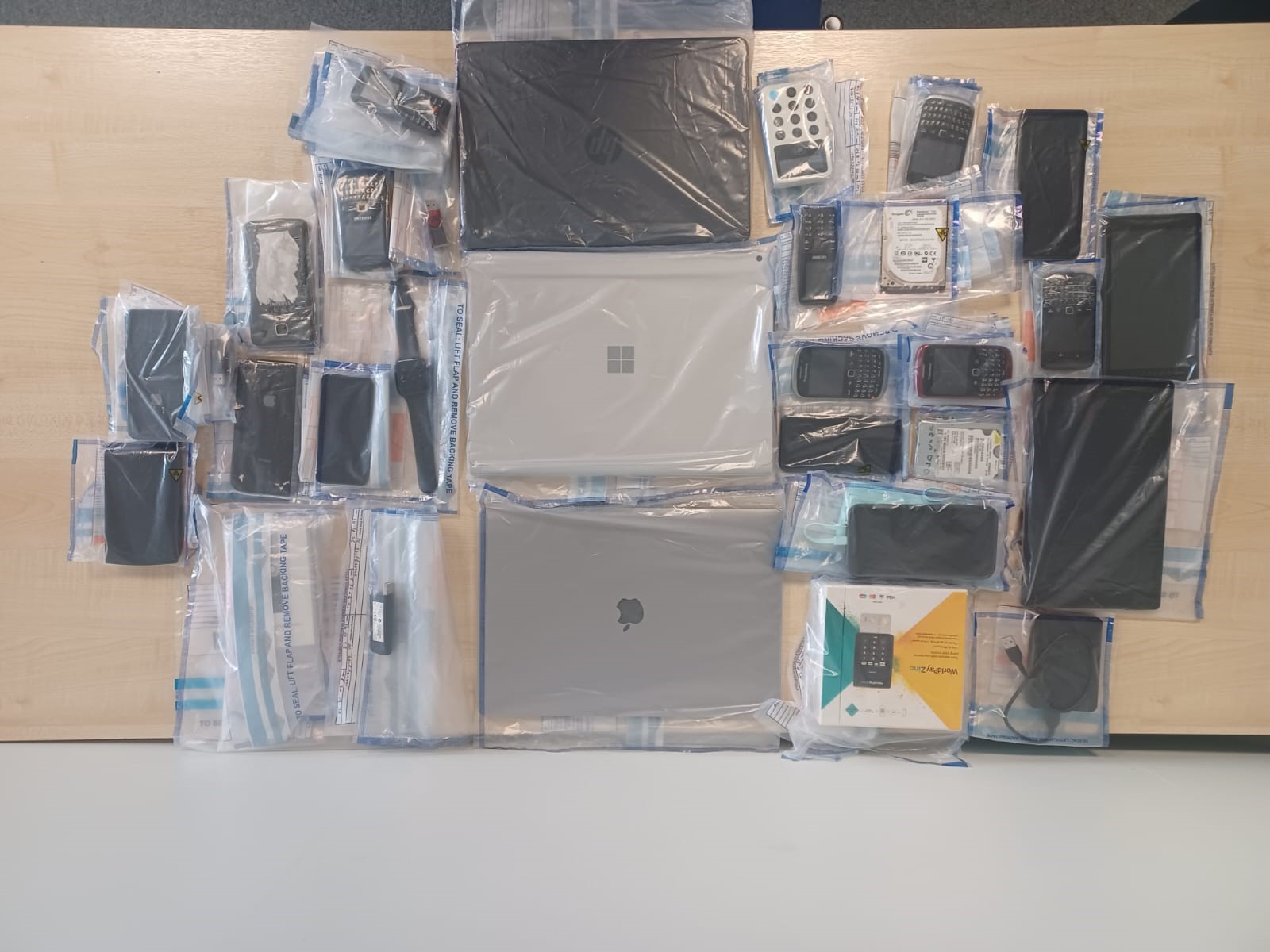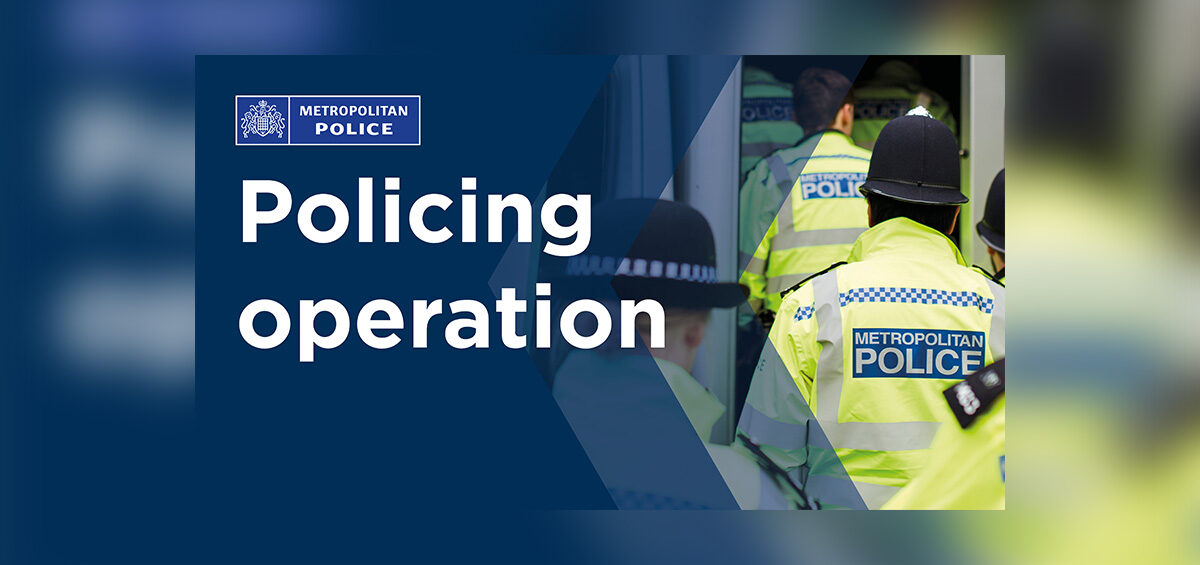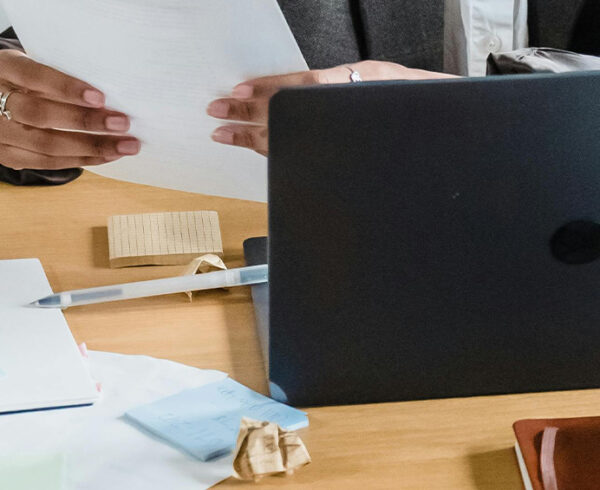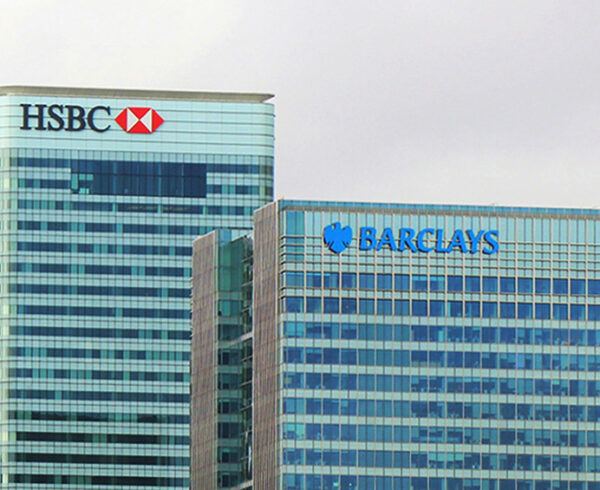LabHost – a site designed to help scammers steal money from innocent victims – has been taken down thanks to the work of law enforcement agencies across seventeen countries. As of Thursday the 18th of April, police have contacted around 25,000 of the 70,000 victims based in the UK, offering support and advice.
What was LabHost?
LabHost was a one-stop-shop for scammers looking to target victims with incredibly realistic-looking fake websites. The service offered criminals the ability to impersonate over 170 trusted organisations including banks, online retailers, and healthcare agencies. The site served as a learning resource for would-be scammers, offering tips and advice on using the platform to steal money. LabHost also offered members the ability to request new brands and companies so that victims could be better targeted.
Membership to LabHost was priced between £200-£300 per month for criminals. Since its creation in 2021, the site is believed to have raked in around £1 million in subscription fees.
However, the actual cost of the service is significantly higher. LabHost was used by 2,000 criminals to generate 40,000 phishing sites and platforms, victimising and extorting from across the world. In the UK, 70,000 victims have already been identified, while globally the illicit service has stolen 480,000 card numbers, 64,000 PINs, and over a million online credentials.

Law enforcement crackdown
On Wednesday 17th April, a joint task force led by the Met Police and comprising the National Crime Agency, The City of London Police, Europol, and various other regional and international law enforcement agencies seized and shut down the LabHost site.

Authorities arrested a total of thirty-seven suspects between Sunday 14th and Wednesday in both the UK and abroad.
800 subscribers of the platform were identified and sent a warning message, with law enforcement demonstrating the extent of the criminal evidence held. Each of the 800 received a tailored video displaying the amount they spent on the illegal service, the websites replicated, and the data taken from victims.
Victims contacted by law enforcement
By Thursday 18th April, 25,000 of the 70,000 UK victims of LabHost scams had been contacted by detectives. Victims received a text message warning of the exact scam and fraudulent site that stole their information and money.
The message advises that victims proceed directly to the Met site for advice and further information, with a team of officers on hand to provide personalised support where needed.
Details of all crimes have also been passed to Action Fraud and UK Finance.
What should you do if someone contacts you?
Jason Costain, Chief Executive of Regulatory Complaints & Innovation at CEL Solicitors offers the following advice:
“The LabHost scam network was a global enterprise which offered highly advanced tools, turning would-be scammers into immoral and callous criminals.
“Using the platform, con artists replicated legitimate platforms like banks, delivery services and even healthcare providers. They stole millions of pounds from hundreds of thousands of victims across the world and ruined the lives and livelihoods of countless victims.
“Those affected by a scam using the platform should have received a message from the Met and been offered advice on what to do next. If your bank failed to prevent the theft of your money you may be able to launch a complaint to recover your lost funds.”
If your information has been compromised, follow the instructions in the message from the Met. They will be able to provide meaningful advice about your situation. You should then speak with your bank and make them aware of the crime, along with any money that has been stolen.
If your bank failed to protect your account from fraudulent activity and is not willing to assist in the recovery of your money, you have the option to file a complaint by yourself. Another option is to seek legal advice from a scam recovery service like CEL Solicitors who will be able to examine your case in detail.
Contact our fraud and scam recovery team by calling 0808 273 0900 or complete an online enquiry to begin your recovery.













